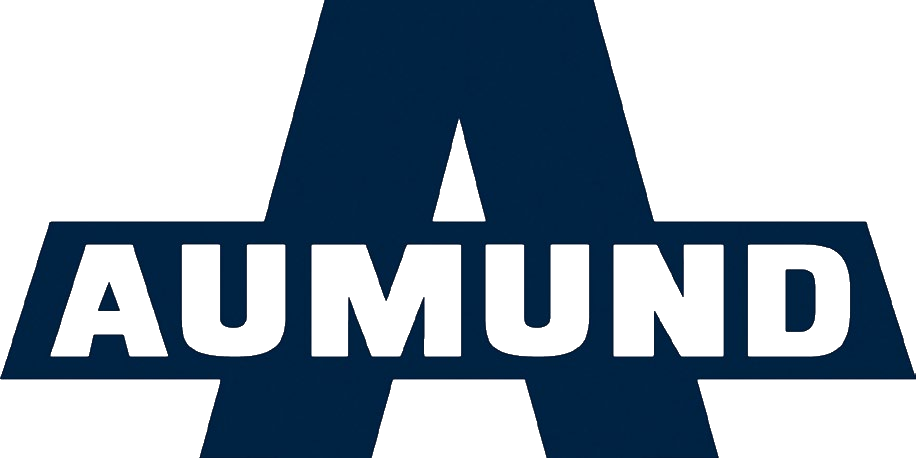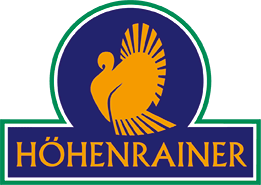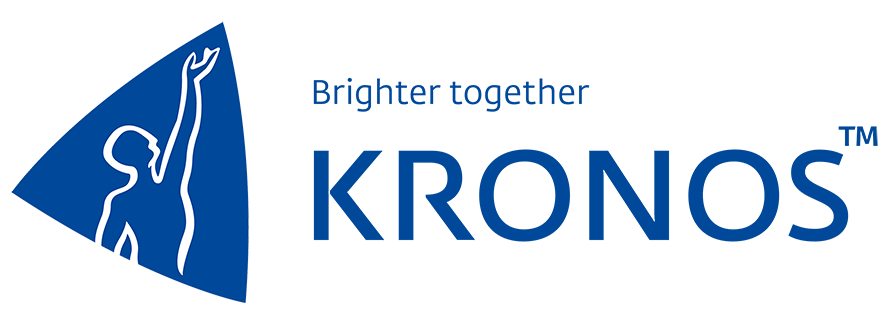Respecting Human Rights in Global Supply Chains Checklist
Ensures adherence to global human rights standards across supply chains by identifying potential risks, conducting audits, and implementing corrective actions.
Section 1: Understanding Human Rights in Global Supply Chains
FAQ
How can I integrate this Checklist into my business?
You have 2 options:
1. Download the Checklist as PDF for Free and share it with your team for completion.
2. Use the Checklist directly within the Mobile2b Platform to optimize your business processes.
How many ready-to-use Checklist do you offer?
We have a collection of over 5,000 ready-to-use fully customizable Checklists, available with a single click.
What is the cost of using this Checklist on your platform?
Pricing is based on how often you use the Checklist each month.
For detailed information, please visit our pricing page.
What is Respecting Human Rights in Global Supply Chains Template?
The Respecting Human Rights in Global Supply Chains Template is a framework designed to help organizations ensure that human rights are respected throughout their global supply chains. This template provides a structured approach to identifying and addressing potential human rights risks, developing strategies for mitigating those risks, and implementing measures to prevent or address actual violations. It offers guidelines on how to map the supply chain, assess human rights risks, create a human rights policy, train employees, monitor and audit suppliers, respond to incidents, and communicate with stakeholders. The template aims to promote transparency and accountability within organizations and their global supply chains.
How can implementing a Respecting Human Rights in Global Supply Chains Template benefit my organization?
Implementing our Respecting Human Rights in Global Supply Chains Template can benefit your organization in several ways:
- Improved reputation: By adopting human rights due diligence and respecting these rights in global supply chains, you demonstrate a commitment to ethical business practices and maintain a positive brand image.
- Reduced risk exposure: Identifying potential human rights risks early on enables your organization to take corrective actions, reducing the likelihood of reputational damage or financial losses resulting from non-compliance.
- Enhanced stakeholder trust: By prioritizing human rights in global supply chains, you demonstrate a commitment to responsible business practices and build trust with investors, customers, employees, and other stakeholders.
- Access to new markets: Implementing our template may facilitate entry into new markets where companies are expected to respect human rights in their global supply chains.
- Increased efficiency: Streamlining your organization's approach to human rights due diligence can lead to process improvements, reducing administrative burdens and costs associated with compliance.
- Better relationships with suppliers: By setting clear expectations for respecting human rights in global supply chains, you foster stronger, more collaborative relationships with suppliers who share these values.
- Alignment with international standards: Our template is designed to support your organization's alignment with the UN Guiding Principles on Business and Human Rights and other relevant international frameworks.
- Improved reporting and transparency: By implementing our template, your organization can enhance its reporting capabilities, providing stakeholders with a clearer understanding of human rights risks and mitigation strategies in place.
What are the key components of the Respecting Human Rights in Global Supply Chains Template?
The Respecting Human Rights in Global Supply Chains Template includes the following key components:
- Introduction and context
- Stakeholder mapping and engagement
- Risk assessment and management
- Code of Conduct and expectations for suppliers
- Training and capacity-building programs
- Auditing and monitoring processes
- Remediation and corrective action procedures
- Reporting and transparency requirements
- Continuous improvement and review mechanisms
Section 2: Due Diligence and Risk Assessment
Section 3: Supplier Engagement and Collaboration
Section 4: Monitoring and Remediation
Section 5: Training and Capacity Building
Section 6: Human Rights Reporting and Disclosure
Section 7: Senior Leadership Commitment
Expense Reduction
 34%
34% Development Speed
 87%
87% Team Productivity
 48%
48% Generate your Checklist with the help of AI
Type the name of the Checklist you need and leave the rest to us.
 Made in Germany
Made in Germany Fair Pricing Policy
Fair Pricing Policy




























 Certified Security and Data Protection
Certified Security and Data Protection Active Support and Customer success
Active Support and Customer success Flexible and Fully customizable
Flexible and Fully customizable